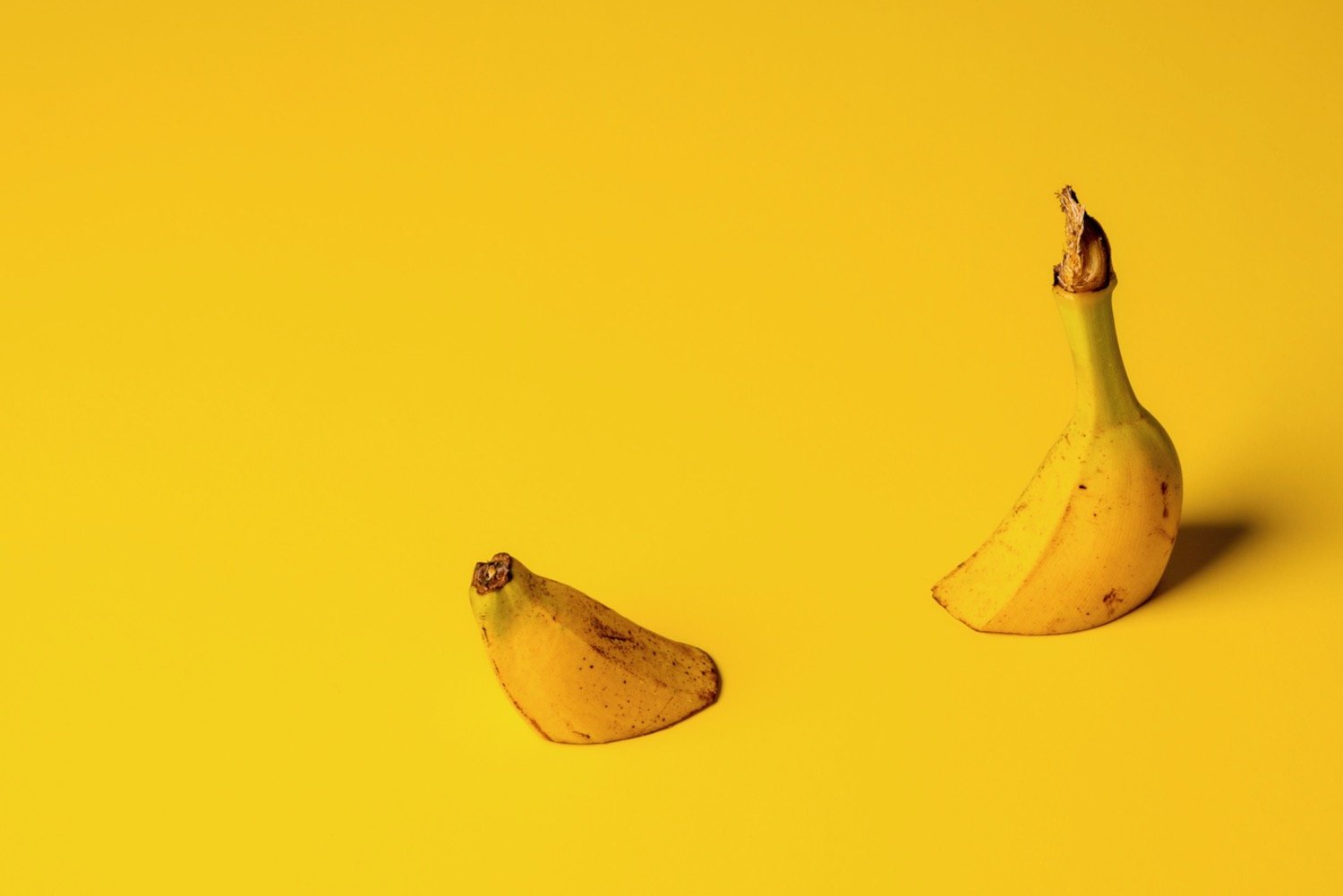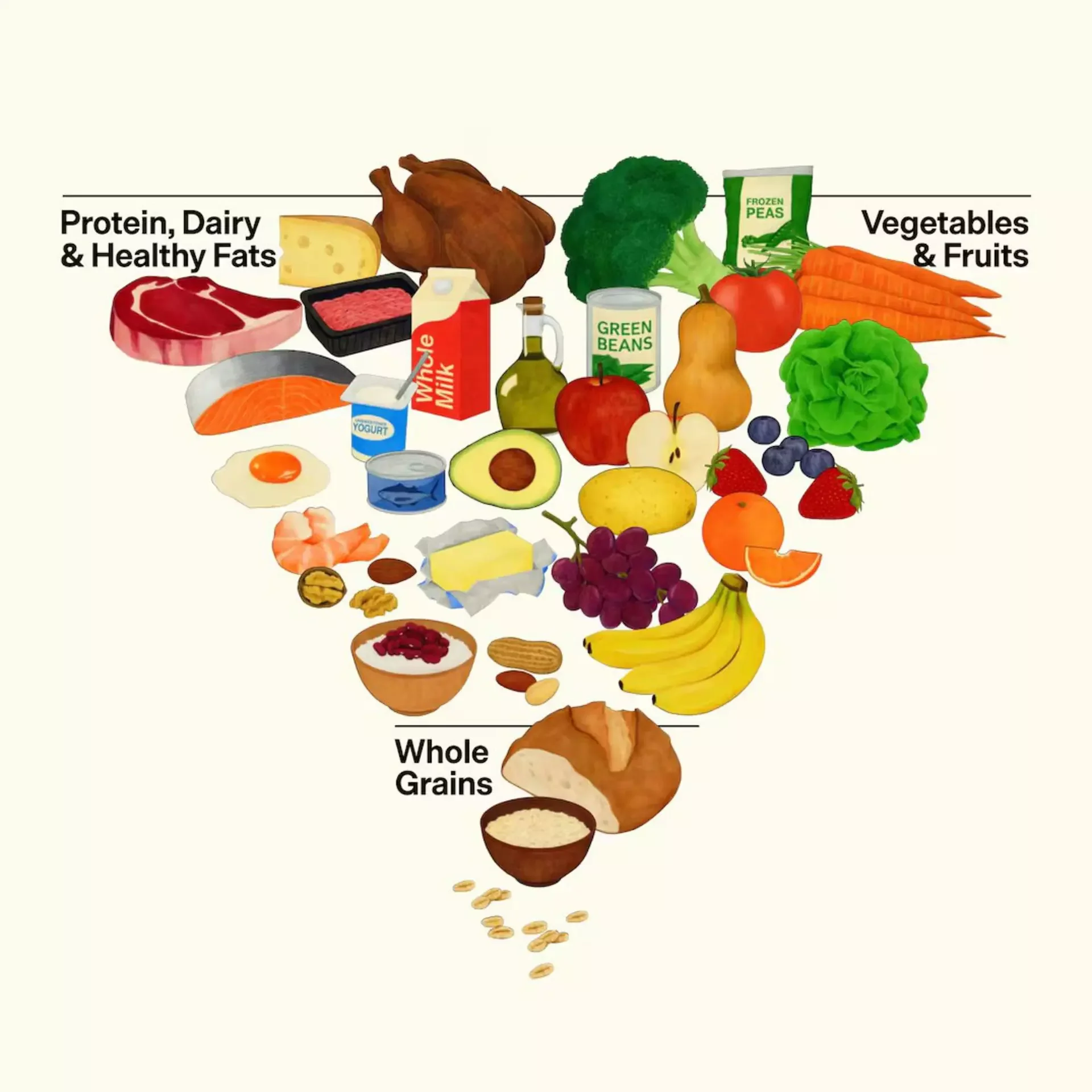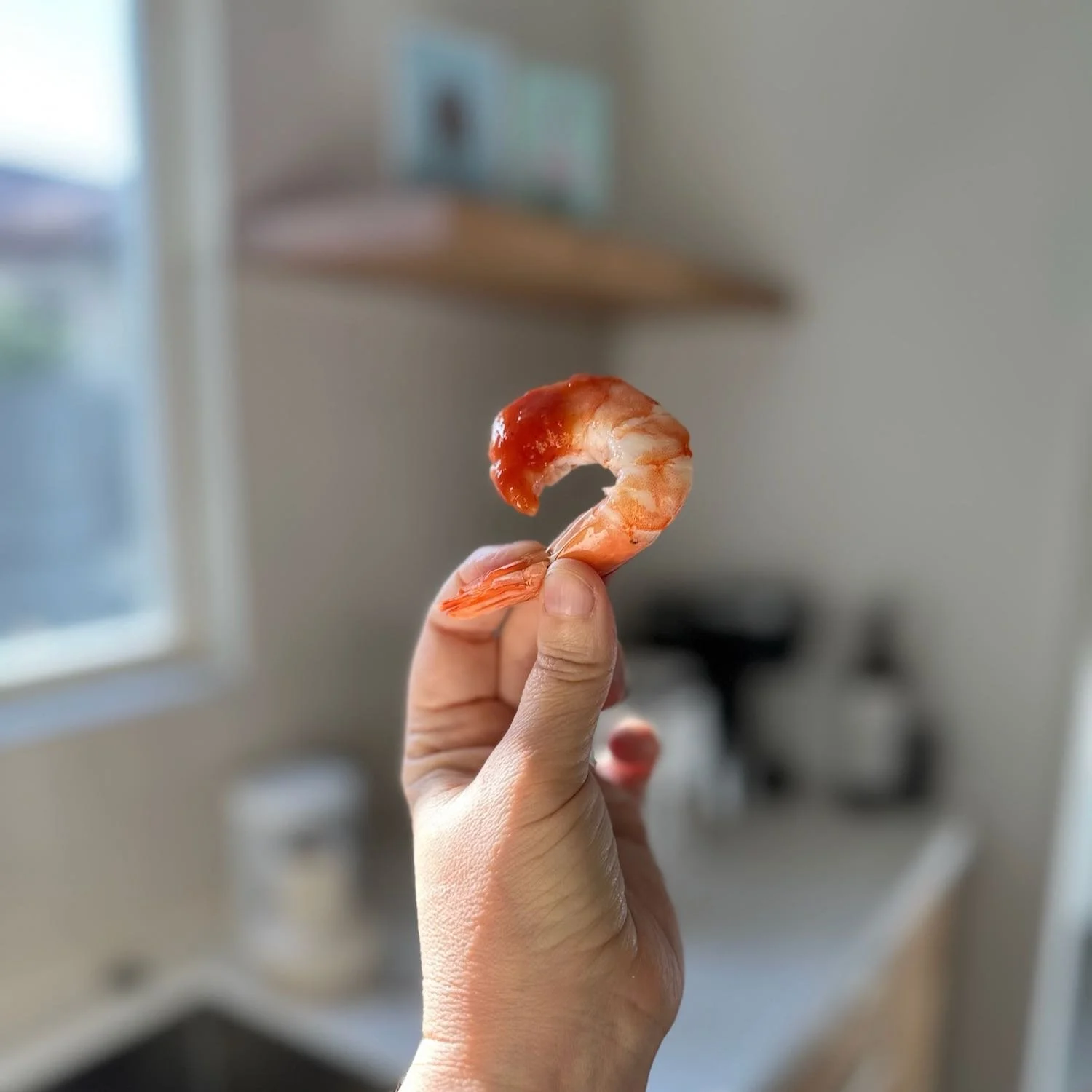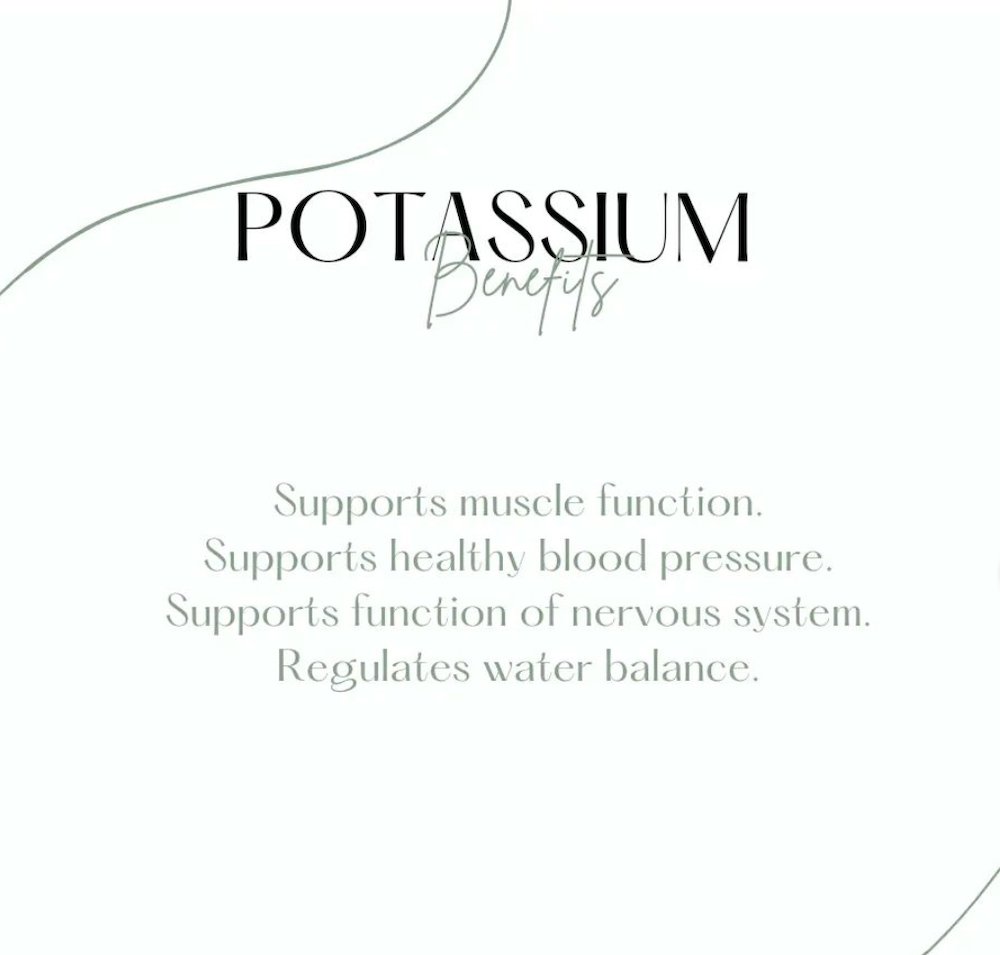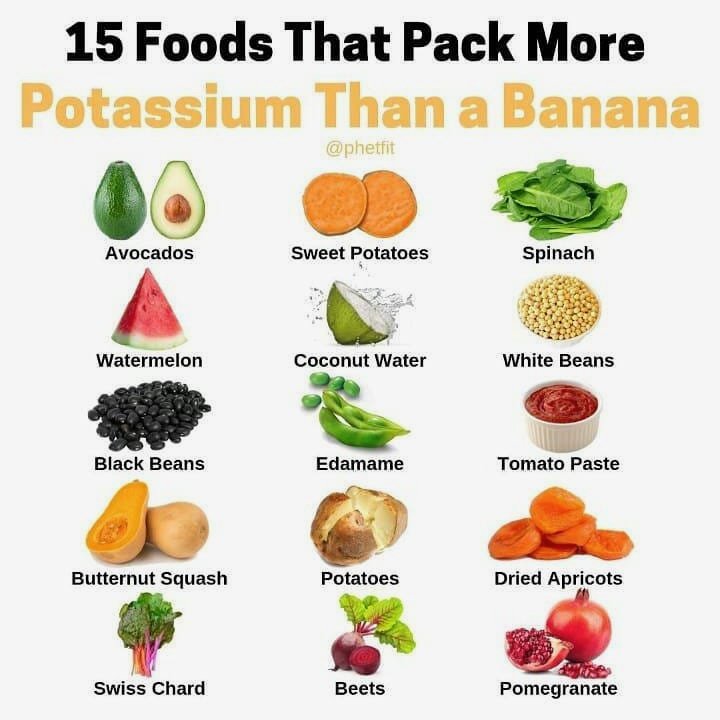Are You Eating Enough Of This Heart-Healthy Mineral?
by The Candidly Team
Up until recently, my knowledge of potassium was limited to this (admittedly flawed) line of deductive reasoning:
Bananas have potassium + Bananas help with leg cramps = Potassium helps with leg cramps.
And while it’s true that potassium can help with cramps caused by an electrolyte imbalance, there are many more attributes to this mineral that I, as 40+ woman, had no clue about. And those attributes could be especially beneficial to the health of women like me.
So, what’s potassium’s whole deal?
Unlike protein or calcium or the cabinet full of supplements we stay diligently on top of, potassium isn’t something we typically think about. But here’s why we should:
Potassium is an electrolyte that helps with some highly essential functions and is needed by all tissues in our body. It helps maintain normal fluid levels inside our cells and is vital to nerve function and muscle and heart contraction. “It also helps move nutrients into cells and waste products out of cells,” according to Healthline.
And perhaps most excitingly, a recent study reported that a diet rich in potassium is associated with lower blood pressure and lower risk of cardiovascular disease, especially in women.
Unlike sodium, which maintains fluid outside our cells, but in excess can lead to things like high blood pressure, “high potassium intake can help relax blood vessels and excrete sodium while decreasing blood pressure,” according to Harvard School Of Public Health.
Key Health Benefits Of Potassium
A quick rundown of research has linked potassium to the following potential health benefits:
May help lower blood pressure
May help with preventing strokes
May help lower osteoporosis risk
May help reduce water retention
How can we tell if we’re getting enough?
According to the National Institutes of Health (NIH), “The diets of many people in the United States provide less than recommended amounts of potassium.”
Too little potassium can contribute to:
Increased blood pressure
Depleted calcium in bones
Increased kidney stone risk
It’s not very common to suffer from an actual potassium deficiency, but according to Health.com signs can include:
Fatigue
Muscle weakness or cramping
Faintness, dizziness, tingling
High blood pressure or heart palpitations
Constipation or feeling bloated
While the U.S. Dietary Reference Intakes currently says there’s “not enough evidence to establish a Recommended Dietary Allowance (RDA) for potassium,” the National Academy of Medicine lists an Adequate Intake (AI) for potassium for women aged 19+ (who are not pregnant or breastfeeding) as being 2,600 mg daily.
It’s worth mentioning that the NIH warns that these numbers do not apply to people with “impaired potassium excretion because of medical conditions.” It is possible to consume too much potassium and develop a condition called hyperkalemia. However, this is more common amongst people people who struggle with kidney disease, type 1 diabetes, congestive heart failure, adrenal insufficiency or who use certain types of medications. It can also occur in healthy people who get too much potassium from supplements or salt substitutes.
The very best way to get the potassium we need is through the foods we eat.
So, what are the foods that provide potassium? Hint: It’s not just bananas.
There are lots of healthy foods that are excellent sources of potassium. Avocados! Who knew? And here, to easily add to your shopping list, are a whole bunch of them.
Bananas
Avocados
Sweet potatoes
White potatoes
Spinach
Watermelon
Coconut water
Beans (black, white, pinto, adzuki, kidney)
Legumes
Tomatos and tomato paste or sauce
Butternut and acorn squash
Beets
Edamame
Swiss chard
Yoghurt
Dried apricots
Medjool dates
Lentils
Acorn squash
Raisins
Broccoli
Pumpkin
Carrots
Pasionfruit
Pomegranate
Brussel Sprouts
Zucchini
Bok choy
Black-eyed peas
Papaya
Water chestnuts
And now, suddenly, we’ve found ourselves craving a wildly elaborate baked potato bar. You?
This article is for informational purposes only. It is not intended to be used in place of professional advice, medical treatment, or professional care in any way. This article is not intended to be and should not be a substitute for professional care, advice or treatment. Please consult with your physician or healthcare provider before changing any health regimen. This article is not intended to diagnose, treat, or prevent disease of any kind. Read our Terms & Conditions and Privacy Policy.

